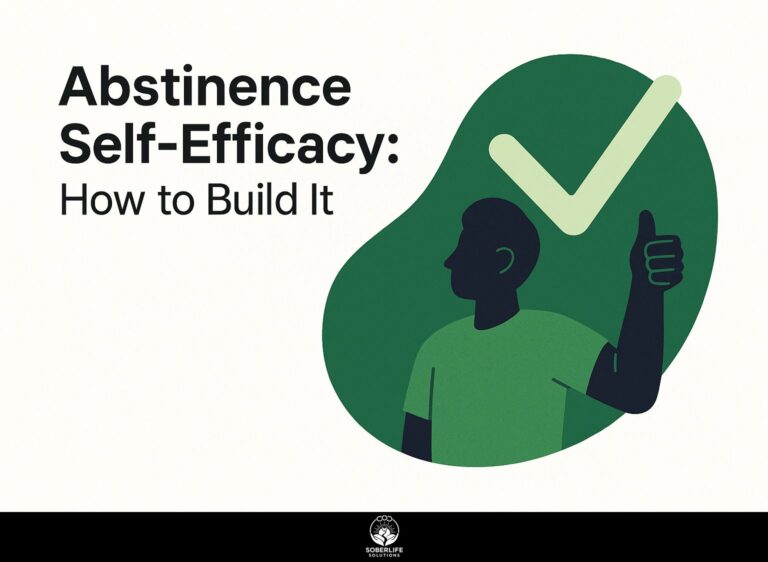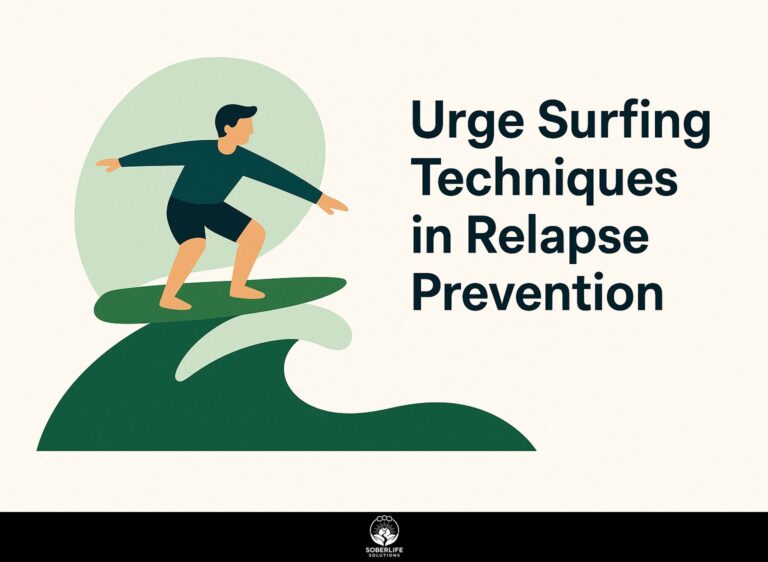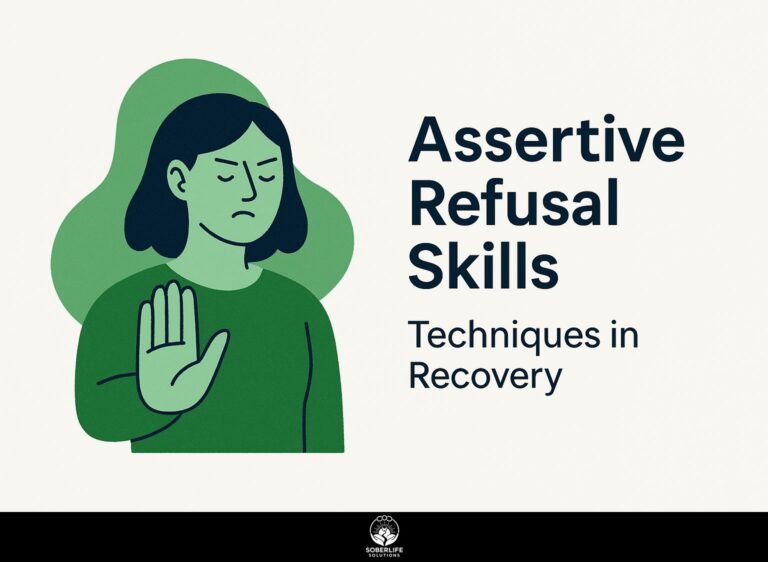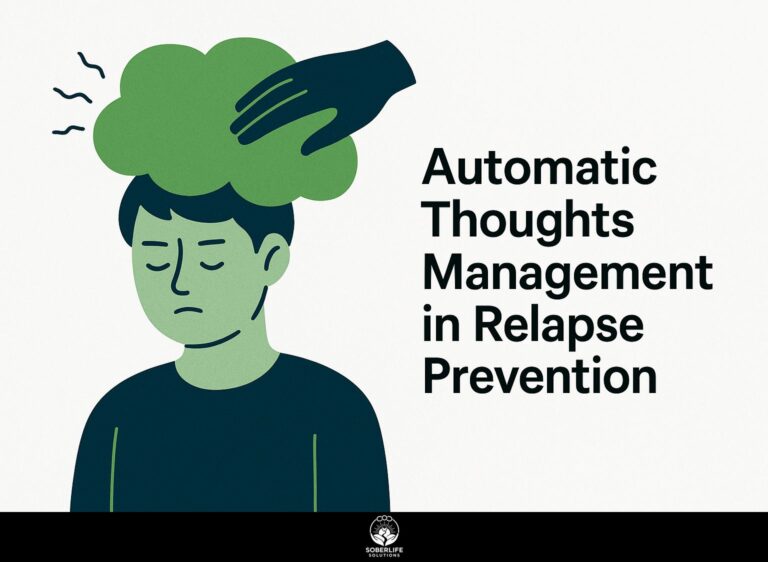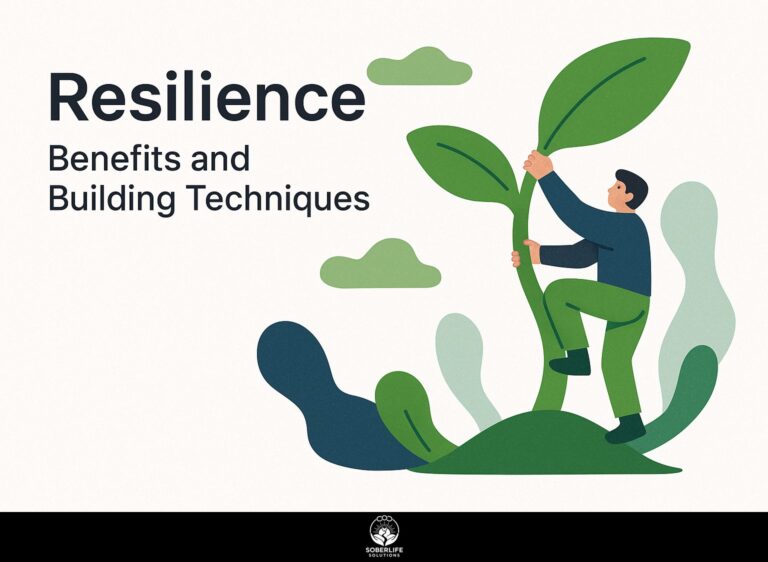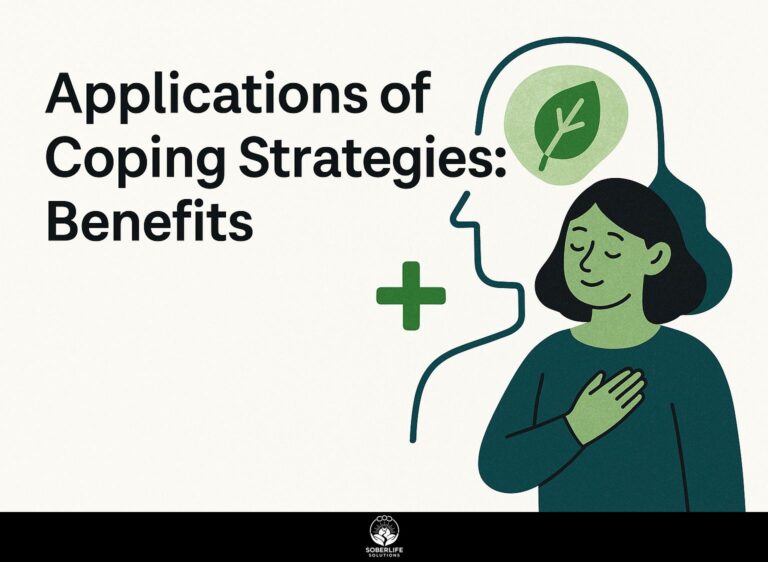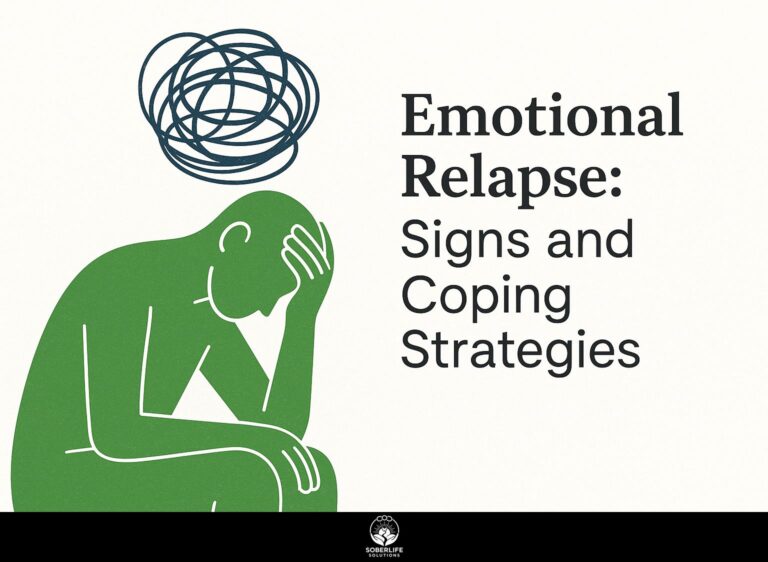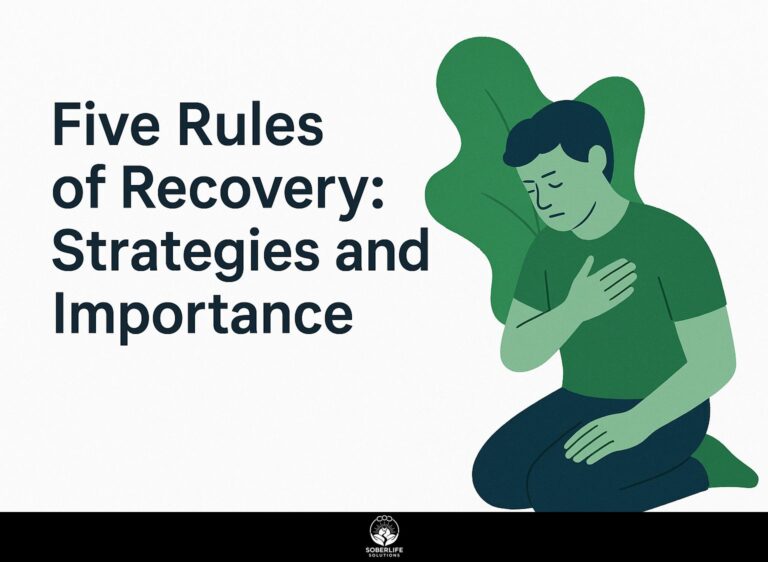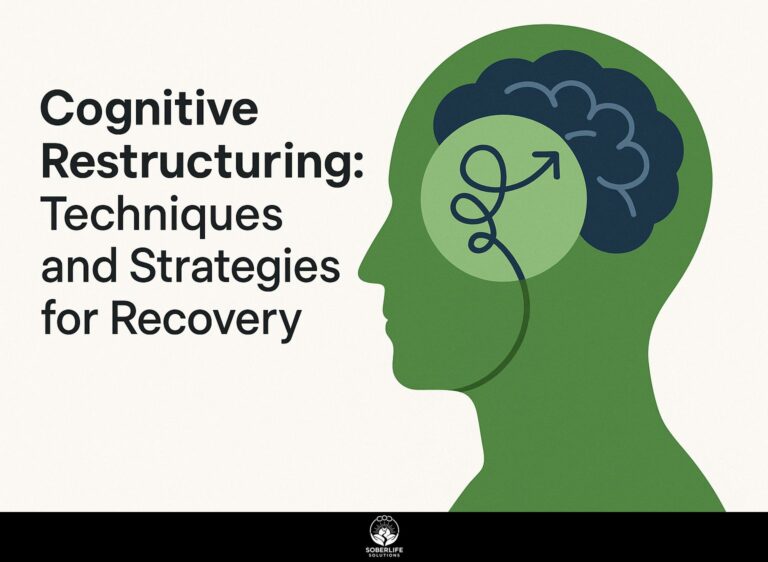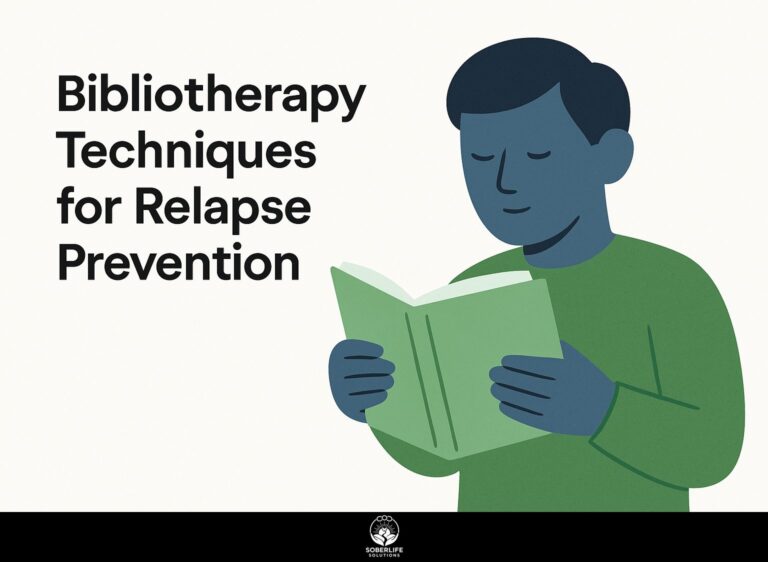Abstinence Self-Efficacy: How to Build It
Gaining confidence in staying away from alcohol is important for people trying to stop being dependent on it. By enhancing your confidence in resisting urges, you can significantly improve treatment outcomes. The Alcohol Abstinence Self-Efficacy scale (AASE), created by Prochaska, helps us understand this process better. In this article, we’ll discuss useful methods to increase…

